Claritin is an antihistamine for systemic use. Indications for use are symptomatic treatment of allergic rhinitis and chronic idiopathic urticaria.
Warehouse
- active ingredient: loratadine;
- 1 tablet contains loratadine 10 mg;
- excipients: lactose monohydrate, corn starch, magnesium stearate.
Contraindication
Claritin is contraindicated in patients with hypersensitivity to the active substance or to any other component of the drug.
Method of application
Adults and children over 12 years of age should take 1 tablet (10 mg of loratadine) once a day.
For children aged 2 to 12 years, the dosage depends on body weight. For children weighing more than 30 kg – 10 mg (1 tablet) once a day. For children weighing less than 30 kg, use the drug in the form of a syrup.
Application features
Claritin should be used with caution in patients with severe hepatic impairment.
This medicine contains lactose. Patients with known intolerance to some sugars and patients with rare hereditary problems of galactose intolerance, the Lapp lactase deficiency or glucose-galactose malabsorption should not take this medicine.
Claritin should be discontinued at least 48 hours before skin testing, as antihistamines may neutralize or otherwise attenuate a positive skin reactivity index reaction.
Pregnant women
A large amount of data on use during pregnancy (more than 1000 results) indicate that loratadine does not cause developmental defects and is non-toxic to the fetus and newborn. Animal studies do not indicate direct or indirect adverse effects with respect to reproductive toxicity. As a precautionary measure, it is preferable to avoid the use of Claritin during pregnancy.
Children
The efficacy and safety of loratadine in children under 2 years of age have not been established.
The drug Claritin, tablets, should be prescribed to children weighing more than 30 kg.
Drivers
Claritin has no or negligible influence on the ability to drive or use machines.
Overdose
Overdose of loratadine increases the incidence of anticholinergic symptoms. Drowsiness, tachycardia, and headache have been reported in overdose.
Side effects
Immune system disorders: Rare cases of hypersensitivity reactions, including anaphylaxis and angioedema.
From the nervous system: rare cases – dizziness, convulsions.
Cardiac disorders: rare cases – tachycardia, palpitations.
Gastrointestinal: rare cases – nausea, dry mouth, gastritis.
On the part of the hepatobiliary system: rare cases – pathological changes in liver function.
Skin and subcutaneous tissue disorders: rare cases – rash, alopecia.
Storage conditions
Store in the original packaging at a temperature not exceeding 25°C, out of the reach of children.

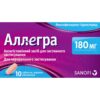
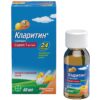

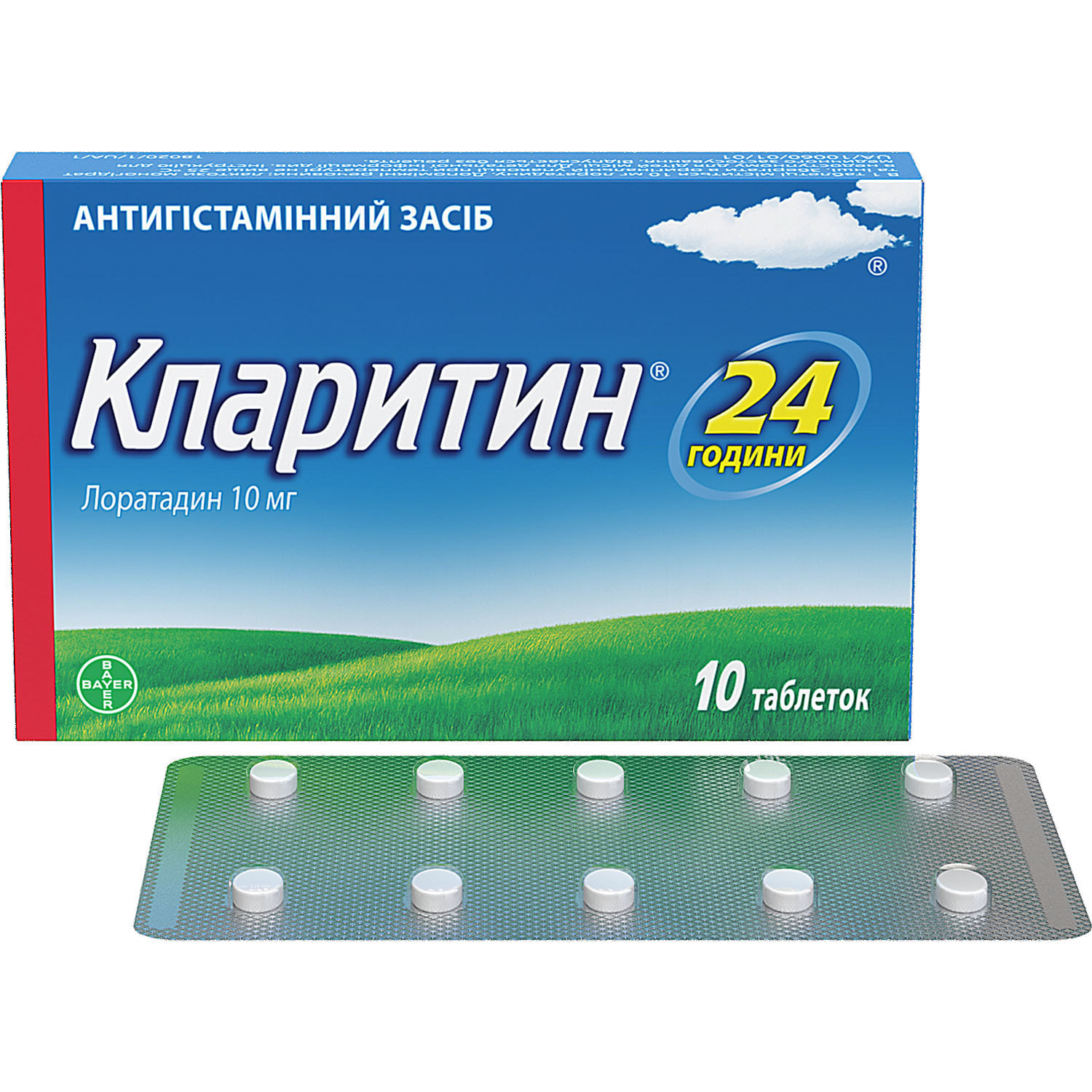
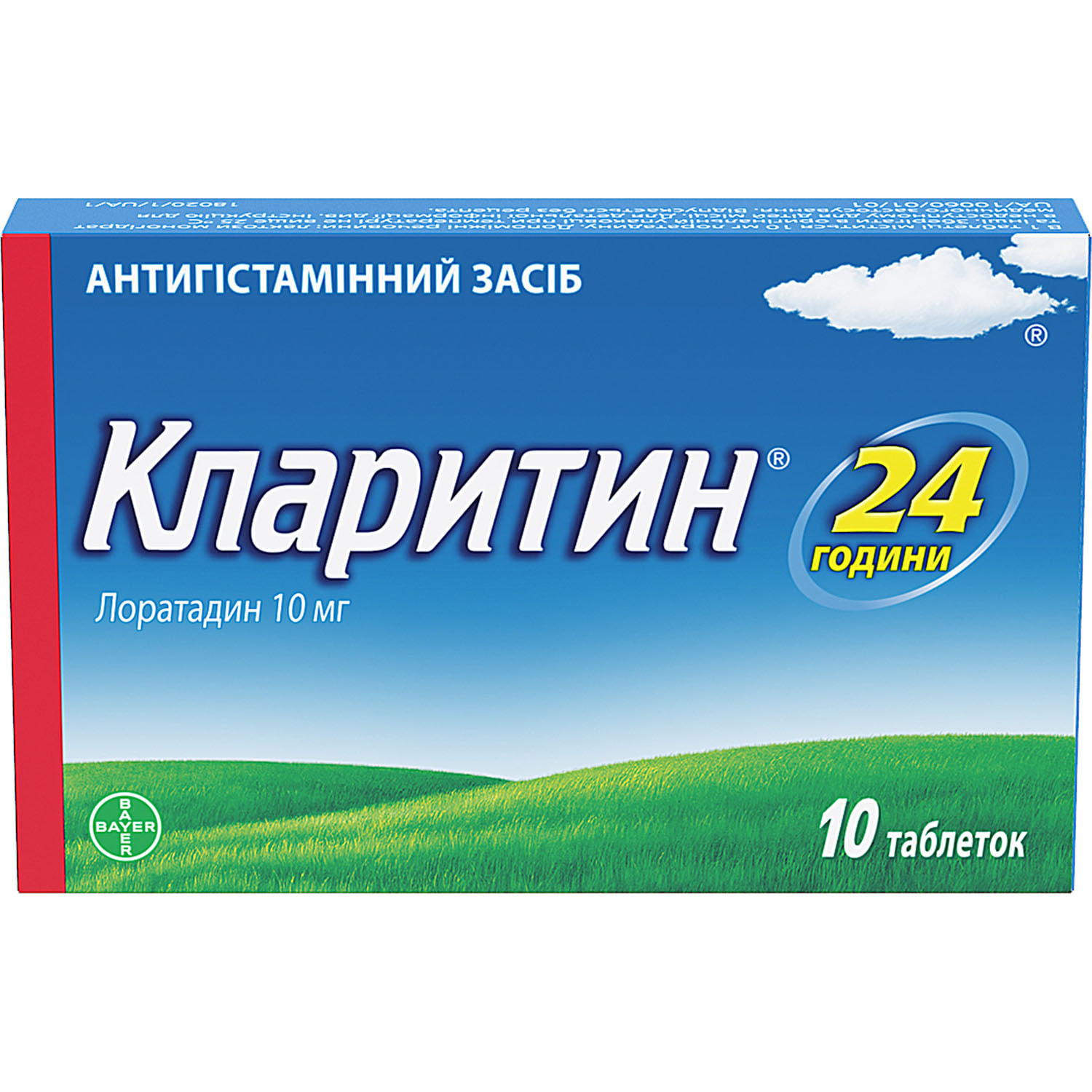
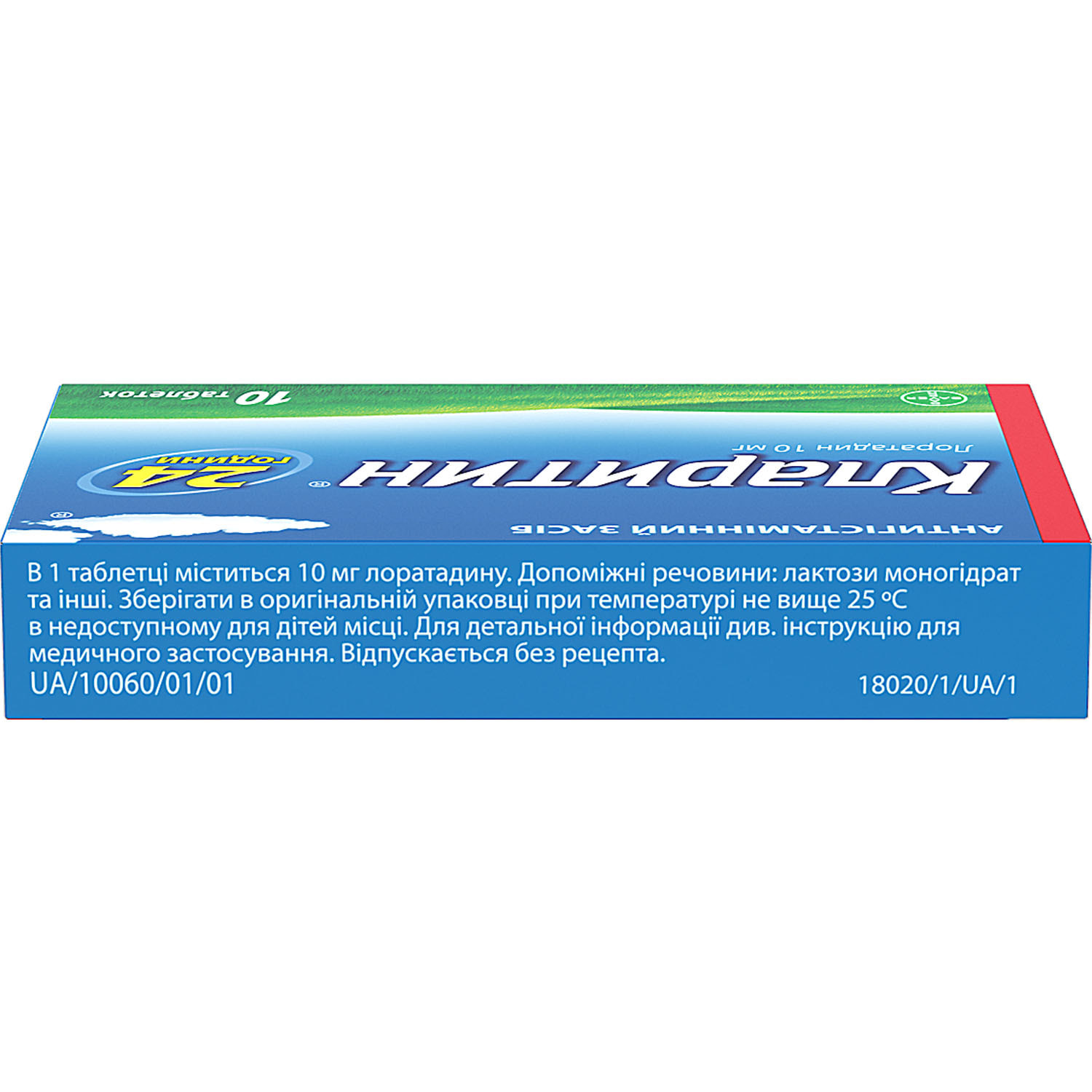

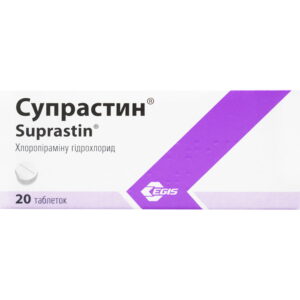
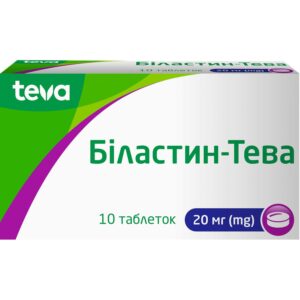
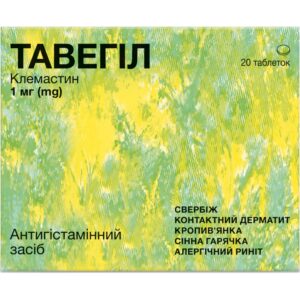
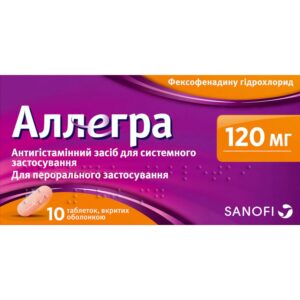
Reviews
There are no reviews yet.